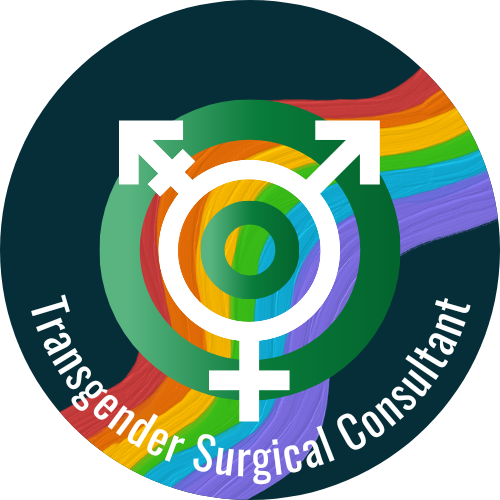Our FAQ
Frequently Asked Questions?
01. How long will it take me to recover from surgery?
Normally, this process takes around 14 days, but in exceptional circumstances, 21 days may be required.
02. Will there be any difficulty if I go to do the surgery by myself?
Of course, it is possible to travel alone but every trip comes with annoying complications. Please trust us with the responsibility of your post-surgery health, and let us manage all of your complicated problems.
03. How many different kinds of top surgery are there? Can I select for myself?
There are three different kinds of top surgery. Depending on the patient’s breast size, For the best outcomes, the surgeon will decide which kind of surgery to perform.
04. During my recovery from surgery, can I live a normal life?
You can continue living your normal life, but there are several things you shouldn’t do, such as carrying heavy products.
05. Why transgender should hormone use be under the supervision of a specialist?
Hormone therapy can help to develop physical characteristics that match a person’s gender identity, such as breast growth or facial hair reduction, however, hormone therapy can also have significant side effects, including an increased risk of blood clots, heart disease, and certain cancers. For this reason, it is essential that transgender hormone therapy be managed by a specialist, such as an endocrinologist or a medical provider with experience in transgender care.
06. Whether or not I want to quit utilizing hormones therapy?
There are various reasons why someone may want to stop hormone therapy, such as experiencing side effects, deciding to pursue alternative treatments, or changes in personal circumstances or preferences. However, it is important to understand that stopping hormone therapy may also lead to changes in physical or emotional health, and the decision to do so should be made with careful consideration and guidance from a healthcare provider. If you are currently undergoing hormone therapy and are considering stopping, it is recommended that you discuss your options with a healthcare provider before making any changes to your treatment plan. They can help you understand the potential effects of stopping hormone therapy, as well as any alternative options that may be available to you.

